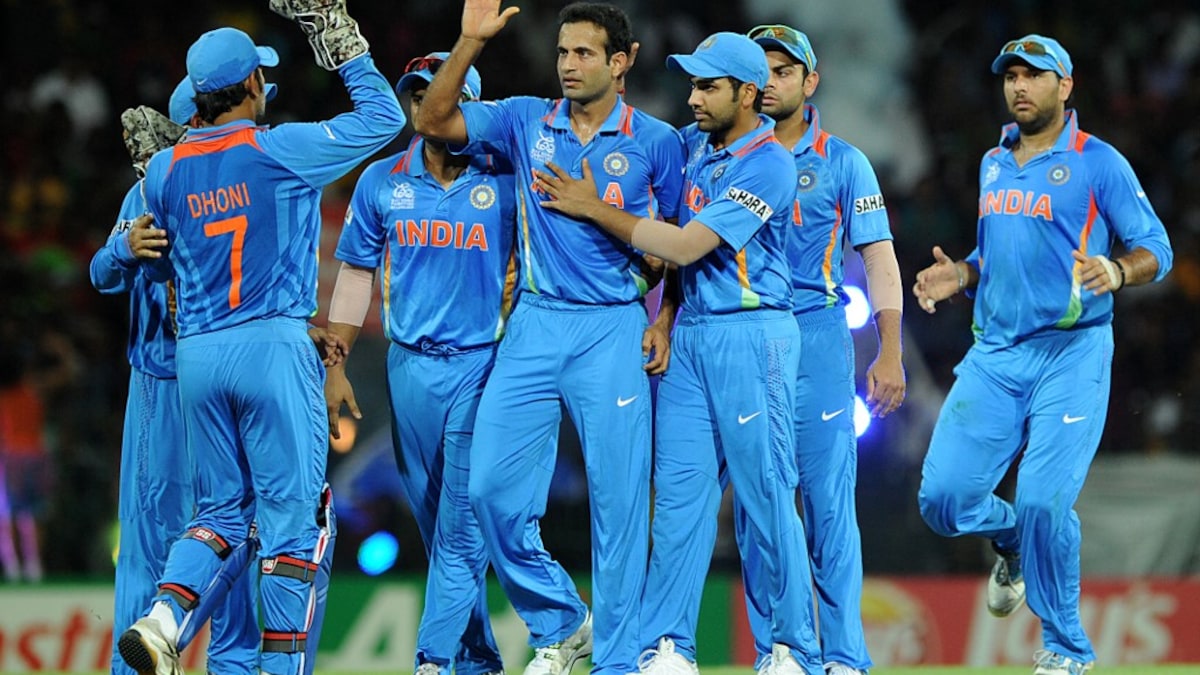
In the newsroom, editors told reporters to stay away from politically sensitive stories. Journalists were told not to report until China’s foreign ministry issued a statement. Terminology that the government may disapprove of is prohibited from news copy.
This is the state of journalism, according to local journalists, not just in China but increasingly in Hong Kong after Beijing passed a national security law for the former British colony in 2020.
“Sometimes we don’t feel like we are journalists. We are just part of the propaganda machine. We feel like everything we learned in journalism school is wasted because it doesn’t apply anymore. Morale is very low.” A local who asked not to be named Journalists said they wanted to avoid retaliation.
Hong Kong, once a model for press freedom in Asia, has deteriorated since Beijing enacted a national security law outlawing secession, subversion, terrorism and collusion with foreign powers, journalists and surveys show. They also show that self-censorship is becoming common, opposition is becoming less vocal and people are generally wary.
Before the law was passed in 2020, journalists could cover the news essentially as they pleased, just like in a democracy.
Now, many fear that if the proposed new national security law, known as Section 23, is passed without safeguards for journalists, especially public interest protection clauses, being a journalist in the city will become It’s more difficult.
Article 23 criminalizes treason, rebellion, theft of state secrets and espionage, sabotage endangering national security, and external interference, and expands the scope and penalties of existing crimes, including sedition.
Chan Kai-chung, chairman of the Hong Kong Journalists Association, the city’s oldest and largest local journalists’ association, said many journalists were worried. He said that since the passage of the national security law imposed by Beijing, journalists must constantly consider the potential dangers of “crossing red lines,” especially since the government has yet to make it clear what that line is.
“Every day, every moment, you have to think about what’s going to happen when you talk about the government on a live show,” said Chen, who is also the multimedia manager of local news website Channel C.
By the end of last year, 156 people, including more than a dozen senior newspaper employees, including editors and editorial writers, had been arrested on charges of violating the security law or sedition, according to the online magazine, although most have been released on bail. China Archives Network, tracking arrests, charges and convictions. Two well-known news media—— Apple Daily and Stand News – shut down in 2021 after raids, arrests of senior staff and freezing of their assets. Another — Citizen News — voluntarily closed shortly after to ensure the safety of its employees.
Some journalists reported on digital or physical surveillance, or both.
Recently, a reporter who has long reported on China’s national defense for Hong Kong English newspapers, South China Morning Post, I couldn’t get in touch after going to Beijing on a business trip. Although her company later said her family confirmed she was safe and needed to attend to private matters, her disappearance raised concerns that she could be detained. The reporter, Minnie Chan, has not published any reports since covering a Chinese defense forum in late October last year.
Many journalists have also left Hong Kong or left the profession, Chan said. The number of journalist members of the Hong Kong Journalists Association dropped from 800 in 2019 to just 300.
While foreign media reporters, especially expatriates, are protected by foreign passports and supported by major media organizations around the world, including CNN and the BBC, which have bureaus in Hong Kong, if Authorities found they could lose their visas and the right to continue reporting in Hong Kong. Lee Williamson, president of the Foreign Correspondents’ Club, said there were problems with their reporting.
An FCC survey last year on press freedom found that 65% of journalists surveyed said they self-censored the content of their coverage or avoided certain topics, and 27% said they engaged in considerable self-censorship.
“I can’t speak to the motivations, but these numbers do speak to the anecdotal evidence we see every day in Hong Kong – journalists are holding back because they want to make sure they are still here tomorrow to continue telling Hong Kong’s story. “Hong Kong and China,” Williamson said.
The survey also found that 88% of respondents said Hong Kong sources were increasingly reluctant to be quoted or discuss sensitive topics with reporters.
Perhaps even more affected are local journalists who may not have foreign passports, have lived in Hong Kong for a long time, and have witnessed local media outlets being shut down and colleagues arrested.
Still, they are looking for ways to continue working.
“After the national security law was passed, senior leaders gave everyone a warm reminder on how our stories should be written. Certain terms cannot be used. For example, we cannot use ‘turnout hit a record low’ to describe the recent district council election, we can only say ‘vote’ The rate is in line with expectations,'” said the reporter, who requested anonymity. “They even have a list of people you can’t interview, like pro-democracy activists.”
“No one wants to be the next Stand News, Citizen Journalism or Apple Daily,” she said, referring to the three news outlets that have been closed.
Self-censorship is not only about self-protection, but also about protecting sources and colleagues, she said.
“It’s always a struggle. You have a good [quote] It’s anti-government. You, your editor, your newsroom have to decide: Do you want to put that person at risk? I do not think so. Our job is to report the truth, but at the same time, you can’t do anyone any harm,” she said. “We also review colleagues when they write sensitive sentences. You don’t want them to get into trouble. It’s a struggle. You’re self-censoring, but you’re saving someone. “
She said that the result is that the reports in various media are similar, with the same views and voices.
There is still room for scrutiny of government policies and actions, but journalists who requested anonymity said this was only on politically insensitive issues.
“It’s okay to quote someone saying that fireworks shows are a waste of money because even legislators say that… [but] All reports about Article 23 have been very positive,” she said.
She said she plans to continue working as a journalist despite the difficulties she faces, noting the need for non-political stories and the appeal of “making stories that have a social impact, like stories about NGOs working to help others,” she said , these stories will “generate more” people’s interest. “
“Society is more than politics,” she said.
On the bright side, Chen said, no more journalists were arrested after the arrests of Apple Daily and Stand News.
He and Williamson agreed that it was encouraging that in the current climate there were still passionate journalists trying to report on Hong Kong issues.
“What I really believe in is the dedication and talent of Hong Kong journalists, whether they were born here or moved here, who continue to do their jobs in the face of difficulties,” Williamson said.
Follow us on Google news ,Twitter , and Join Whatsapp Group of thelocalreport.in
















